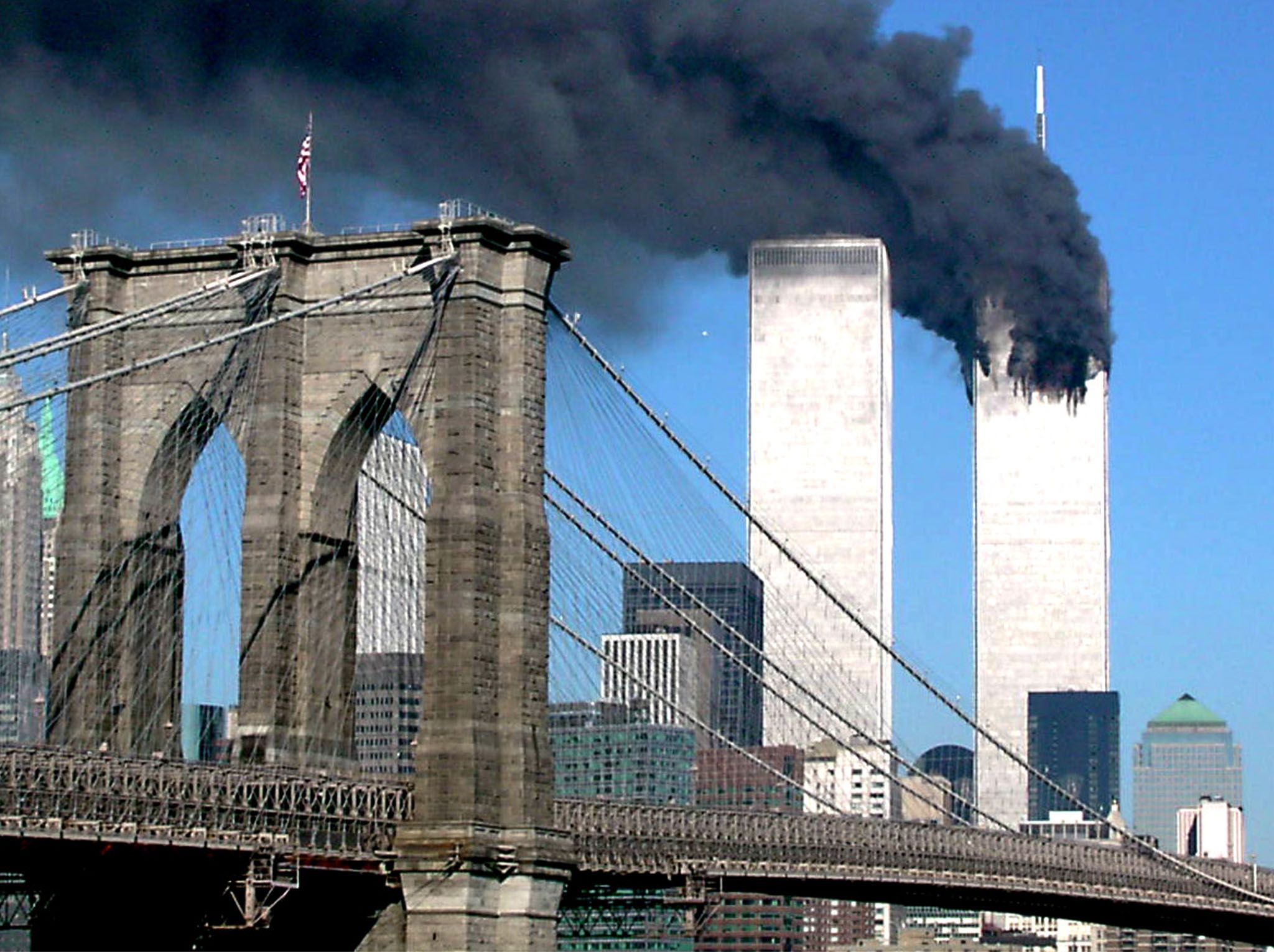
This article first appeared on the Cato Institute site.
In the run-up to President Obama's visit to Saudi Arabia later this week, two domestic issues that concern the U.S.-Saudi relationship are also gaining attention.
Yet these developments—a congressional bill that allows Americans to sue foreign governments for supporting terrorist groups, and growing calls to declassify the remaining 28 pages of the 9/11 Commission's report—are unlikely to substantially impact the U.S.-Saudi relationship, which is already on a downward trend due to other, more substantive factors.
Certainly, the bill would have major legal implications for relatives of victims of the 9/11 attacks, who have previously tried to sue the Saudi government for their possible involvement. However, their hope that the declassified report would yield a better understanding of the scope of that involvement is unlikely to yield any smoking gun revelations.
Some of the purported revelations are, in fact, already known. It has been long known that Saudi Arabia has had a hand in the spread, through schools and philanthropic endeavors, of a certain kind of extremist Islamic philosophy often described as Wahhabism. That this philosophy is shared by various radical groups including ISIS and Al-Qaeda is likewise well known, but there is no evidence that the Saudi government ever provided material support to either group.
Though lesser-known, it is also the case that many private Saudi citizens have provided funding to extremist groups over the years. And while it did not come from the government, as Ben Rhodes, the president's Deputy National Security Advisor noted this week, the Saudi government often paid "insufficient attention" to such funding, particularly prior to 2001.
The 9/11 Commission report, though likely to be less detailed than many of the studies of this phenomenon conducted over the last decade, may well include data on the extent to which the Saudi government turned a blind eye to terrorist funding.
Comments from those who have read the reports, and previously declassified information, also suggests that junior Saudi officials may even have played some role in the 9/11 attacks themselves. Indeed, perhaps the best known line in the 9/11 report itself is the assertion that the Commission found "No evidence that the Saudi government as an institution or senior Saudi officials individually funded the organization," an obvious loophole that leaves little to the imagination.
Yet it is worth noting that any such revelations contained in the report would be at best preliminary, based on unvetted and unverified intelligence.
In fact, while the Saudi government has not objected to declassification of the report, it clearly perceives the congressional bill as a larger concern, threatening economic reprisals. The threat to sell-off American assets if the bill passes is likely an empty one, but it certainly underscores the concern Saudi leaders feel about the potential for such lawsuits.
Perhaps the most interesting aspect of this whole episode is that it is happening at all, a development at least partially driven by the deteriorating U.S.-Saudi relationship. President Obama's trip to Riyadh will not be an entirely pleasant one, given all the tensions in the U.S.-Saudi relationship. Indeed, only a few weeks ago, Obama himself publicly questioned the Saudi alliance in an interview with the Atlantic's Jeffrey Goldberg.
Ultimately, the Saudi alliance is changing. Once thought unshakeable, common U.S.-Saudi interests such as energy security and anti-communism have diverged or disappeared entirely. Meanwhile, disagreements on regional stability, Saudi involvement in conflicts like Syria and Yemen and their support for various extreme groups have helped to sour the relationship.
Whether or not the 9/11 Commission report is declassified, it is these larger tensions that present the major obstacle to smooth U.S.-Saudi relations in the future.
Emma Ashford is a visiting research fellow with expertise in international security at the Cato Institute.
Uncommon Knowledge
Newsweek is committed to challenging conventional wisdom and finding connections in the search for common ground.
Newsweek is committed to challenging conventional wisdom and finding connections in the search for common ground.
About the writer
To read how Newsweek uses AI as a newsroom tool, Click here.








